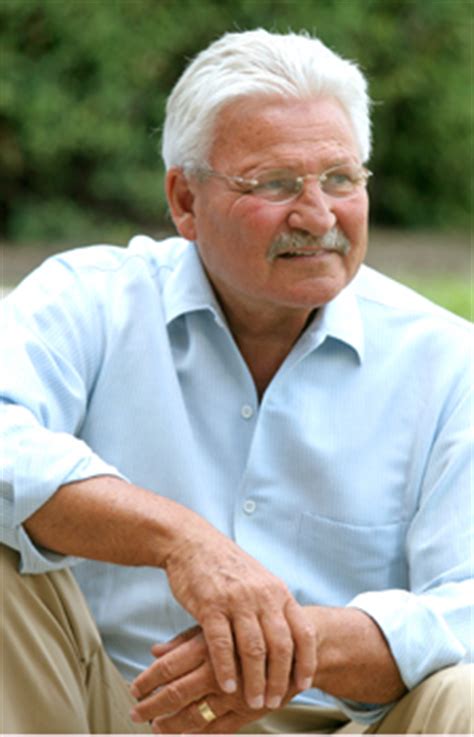A Quote by Khalil Gibran
Truth is like the stars; it does not appear except from behind obscurity of the night. Truth is like all beautiful things in the world; it does not disclose its desirability except to those who first feel the influence of falsehood. Truth is a deep kindness that teaches us to be content in our everyday life and share with the people the same happiness.
Related Quotes
But compassion is a deeper thing that waits beyond the tension of choosing sides. Compassion, in practice, does not require us to give up the truth of what we feel or the truth of our reality. Nor does it allow us to minimize the humanity of those who hurt us. Rather, we are asked to know ourselves enough that we can stay open to the truth of others, even when their truth or their inability to live up to their truth has hurt us.
Don't lies eventually lead to the truth? And don't all my stories, true or false, tend toward the same conclusion? Don't they all have the same meaning? So what does it matter whether they are true or false if, in both cases, they are significant of what I have been and what I am? Sometimes it is easier to see clearly into the liar than into the man who tells the truth. Truth, like light, blinds. Falsehood, on the contrary, is a beautiful twilight that enhances every object.
Truth has power. And if we all gravitate toward similar ideas, maybe we do so because those ideas are true...written deep within us. And when we hear the truth, even if we don't understand it, we feel that truth resonate within us...vibrating with our unconscious wisdom. Perhaps the truth is not learned by us, but rather, the truth is re-called...re-membered...-re-cognized...as that which is already inside us.
Truth is always stranger than fiction. We craft fiction to match our sense of how things ought to be, but truth cannot be crafted. Truth is, and truth has a way of astonishing us to our knees. Reminding us, that the universe does not exist to fulfill our expectations. Because we are imperfect beings who are self-blinded to the truth of the world’s stunning complexity, we shave reality to paper thin theories and ideologies that we can easily grasp – and we call them truths. But the truth of a sea in all it’s immensity cannot be embodied in one tidewashed pebble.
There's a truth deeper than experience. It's beyond what we see, or even what we feel. It's an order of truth that separates the profound from the merely clever, and the reality from the perception. We're helpless, usually, in the face of it; and the cost of knowing it, like the cost of knowing love, is sometimes greater than any heart would willingly pay. It doesn't always help us to love the world, but it does prevent us from hating the world. And the only way to know that truth is to share it, from heart to heart, just as Prabhakar told it to me, just as I'm telling it to you now.
Ancient worship . . . does truth. All one has to do is to study the ancient liturgies to see that liturgies clearly do truth by their order and in their substance. This is why so many young people today are now adding ancient elements to their worship. . . . This recovery of ancient practices is not the mere restoration of ritual but a deep, profound, and passionate engagement with truth—truth that forms and shapes the spiritual life into a Christlikeness that issues forth in the call to a godly and holy life and into a deep commitment to justice and to the needs of the poor.
There's nothing wrong with celebrating the good things in our past. But memories, like witnesses, do not always tell the truth, the whole truth, and nothing but the truth. We need to cross-examine them, recognizing and accepting the inconsistencies and gaps in those that make us proud and happy as well as those that cause us pain.
Ignorance is in relationship to content; it is not just a spirit of ignorance. In verse 21 it speaks of "the truth in Jesus." Truth is content, truth has something to do with reason. Truth has something to do with the rational creature that God has made us. The dilemma here in the internal world is not just some sort of grey fog, it is in relationship to content.
There is no doubt that truth is to falsehood as light is to darkness; and so excellent a thing is truth that even when it touches humble and lowly matters, it still incomparably exceeds the uncertainty and falsehood in which great and elevated discourses are clothed; because even if falsehood be the fifth element of our minds, notwithstanding this, truth is the supreme nourishment of the higher intellects.





































